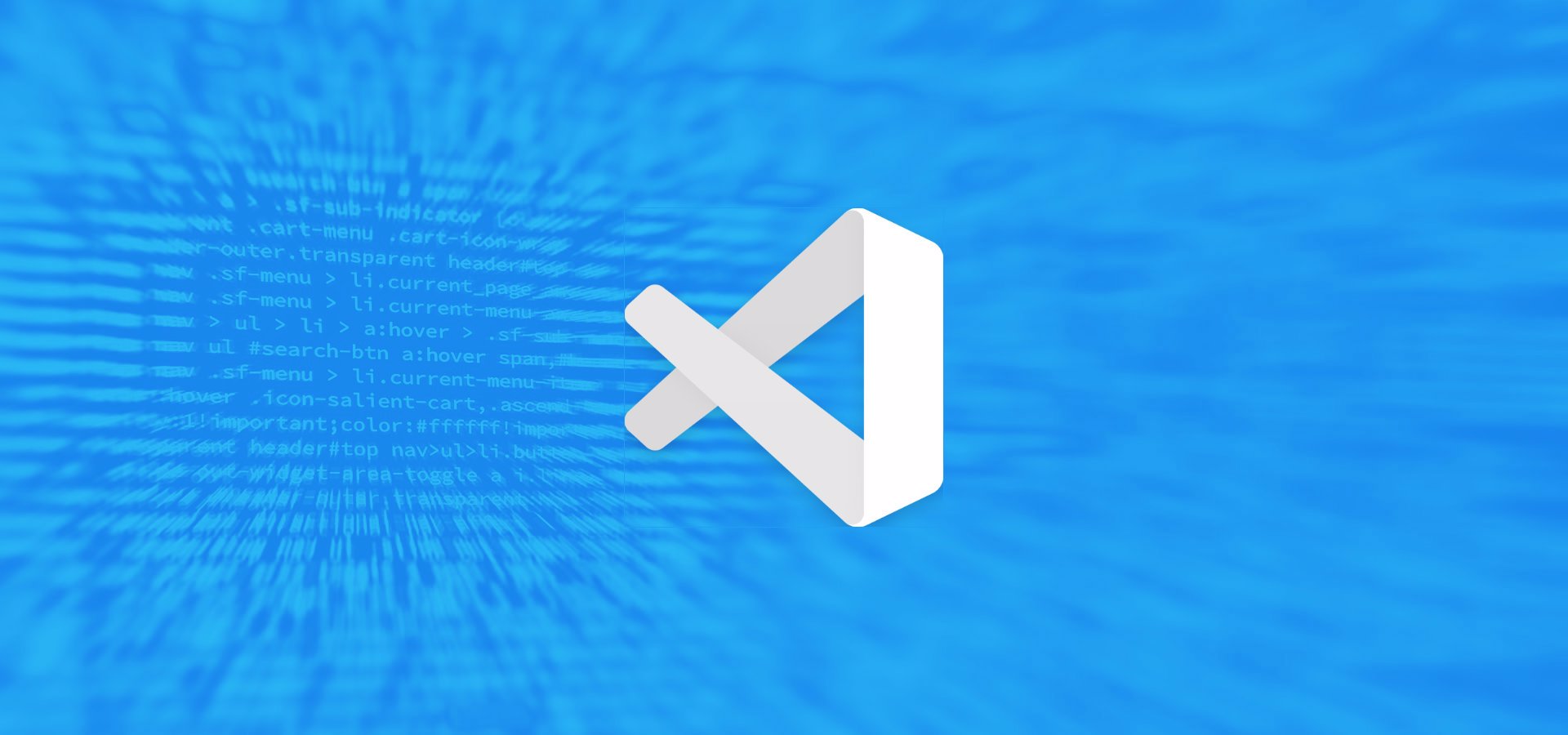Unity has recently released the Unity glTFast package, which enables developers to import and export glTF 3D files both at runtime and within the Editor.
In Unity's words, glTF, which stands for Graphics Library Transmission Format, is like the JPEG of the 3D world. It is a standardized file format used to store and transfer 3D scenes that is gaining significant popularity. Being open-source and versatile are contributing factors to its increasing adoption.
This new package is an enhanced and re-released version of the original glTFast, an open-source Unity package developed by Andreas Atteneder in 2018. Andreas joined Unity in 2020 and remains actively involved in the development of glTFast.
Although the packages share identical features, the new version offers several benefits. These include official support from Unity, easier distribution through the Unity Package Manager, comprehensive documentation, faster development due to reduced reliance on a single maintainer, and improved DevOps practices for increased quality assurance.

Alongside Unity glTFast, another package named KTX for Unity has also been released allowing users to to load KTX 2.0 or Basis Universal texture files.
Unity has expressed its intention to increase the adoption of open standards and has recently released three OpenUSD packages. These packages improve the Unity Editor by offering support for importing and exporting USD scenes.
Unity sees gLTF and OpenUSD as complementary technologies, stressing that open standards play a crucial role in establishing a shared foundation for content creation, collaboration, and interoperability.
Additionally, Unity is developing a Unity package that integrates Google Draco for 3D data compression. These packages introduce additional powerful features to glTFast, and similar to glTFast, they are re-releases of open-source originals.
For more information and installation instructions visit the project page on GitHub.




